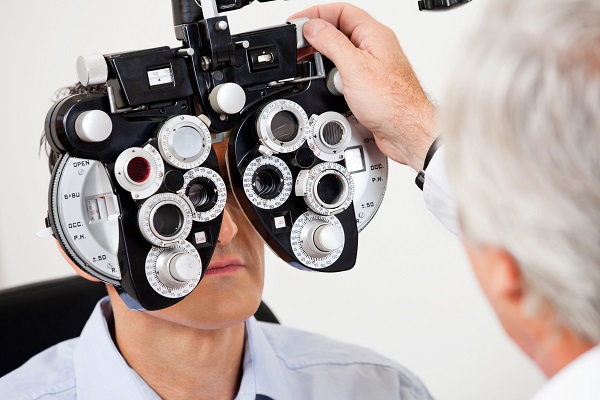
As part of World Orthoptic Day, celebrated every year on the first Monday of June by the International Orthoptic Association, the Luxembourg Ministry of Health has issued a report and guidelines on eye care in the Grand Duchy and to introduce this somewhat unknown profession to the general public.
The purpose of World Orthoptic Day is to promote the role and activities of orthoptists, who work closely with opthalmologists, neurologists and paediatricians.
Optometrists handle the screening, rehabilitation and functional exploration of binocular vision disorders, whether caused by a birth defect, an accident or disease. An optometrist performs an assessment on the quality of binocular vision and re-educated infants, children, adults and seniors. They aim to perform treatment that will relieve patients so that they may use their eyes to the best of their ability.
In Luxembourg, the orthoptist profession is performed at the Orthoptics Service of the Directorate of Health, in rehabilitation facilities, in institutes for the visually impaired, as well as in opthalmic surgeries.
As the treatment of visual disorders is more effective the earlier it is carried out, the Orthoptics Service is involved in the screening of infants, toddlers and primary schoolers.
"Early vision screening allows for the early checking of the operation of the visual system to ensure the best possible development of visual skills," said the Minister of Health, Lydia Mutsch.
In 2015, the Orthoptics Service conducted 14,000 screening assessments on young children, resulting in 11% who were screened for refractive problems such as hyperopia, astigmatism and nearsightedness and therefore possible required glasses. Other pathologies, such as a squint or ocular motility issue, were detected in 2% of children.
A screening test was also conducted among 11,000 in the first cycle of primary education. 10% already wore glasses, 7% had insufficient acuity and 2% another pathology.
The frequency of visual disorders is quite high and affects about 18% of children. For children, these tests are important as visual impairment can affect the psychomotor development of the child.
Orthoptists at the Orthoptists Service also conduct assessments and rehabilitation sessions with patients with strabismus, double vision, difficulty reading and amblyopia. The total number of these exams rose to 1,700 in 2015.
The Orthoptics Service has moved into the new Directorate of Health building in Luxembourg-Hamm.
Photo by Shutterstock








